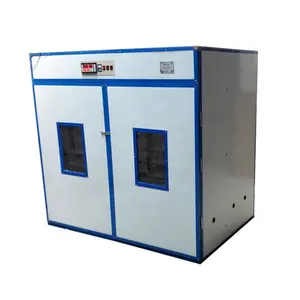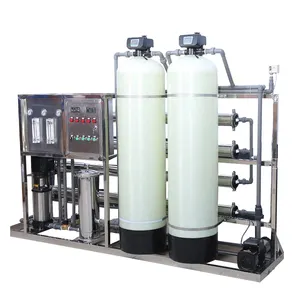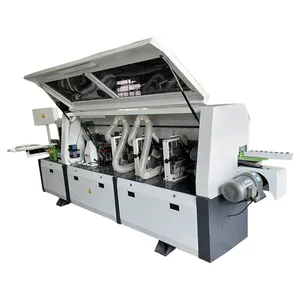Popular in your industry



























































Related Searches:































































































































Top categories
About rodent lab cage
Introduction to Rodent Lab Cages
Rodent lab cages are essential components in the realm of scientific research and animal husbandry. These specialized enclosures are designed to house small animals such as mice and rats under controlled conditions, facilitating a wide range of studies in genetics, medicine, and behavioral sciences. The design and construction of these cages are tailored to meet the specific needs of laboratory settings, ensuring the well-being of the animals while allowing for precise experimental protocols.
Types and Varieties
There is a diverse array of rodent lab cages available, each serving a unique purpose within research facilities. Lab cages for mice and laboratory rat cages are among the most common, crafted to accommodate the distinct requirements of each species. The cage type for laboratory rats often includes features that cater to their larger size and greater strength, while mouse lab cages are designed with the smaller size and delicate nature of mice in mind.
Materials and Construction
The materials used in rodent lab cages are chosen for durability, safety, and ease of maintenance. Heavy-duty food-grade plastics, metals, and solid woods are commonly employed to ensure longevity and structural integrity. These materials are also selected to minimize the risk of contamination and to facilitate a sterile environment, crucial for controlled experiments and the health of the laboratory animals.
Features and Applications
Laboratory mice cages and cages for rats are designed with features that promote the animals' welfare while allowing for the collection of accurate data. Ventilation, ease of access for feeding and cleaning, and the ability to observe the animals without disturbance are key considerations. These cages are used in a variety of applications, from pharmaceutical development to behavioral studies, making them indispensable in the field of scientific research.
Advantages and Efficiency
The efficiency of rodent lab cages lies in their design, which allows for ease of use and maintenance. These cages are constructed to be easy to clean, which is essential for maintaining a hygienic environment for the animals. Additionally, the design of lab rat cages and mouse cages often includes features that streamline daily husbandry tasks, such as automated feeding systems or easy-access water bottles, reducing labor and enhancing the efficiency of the research process.
Environmental Considerations
Modern rodent lab cages are increasingly designed with environmental considerations in mind. The use of eco-friendly materials and the implementation of sustainable practices in the manufacturing process reflect a commitment to reducing the environmental footprint of laboratory research. Furthermore, the durability of these cages means they can be used for extended periods, decreasing the need for frequent replacement and thus contributing to waste reduction.
























































